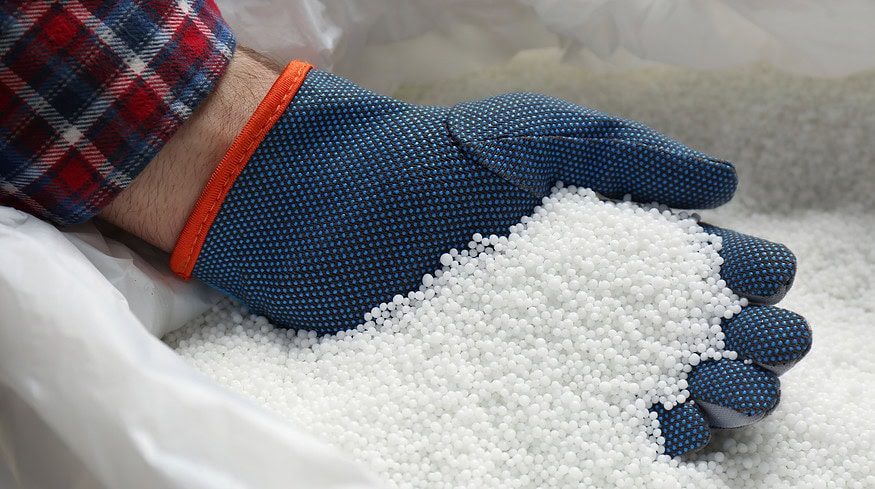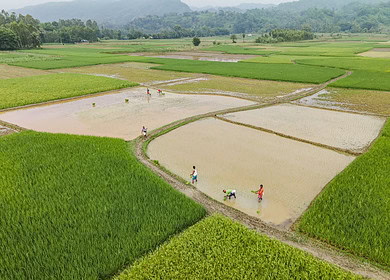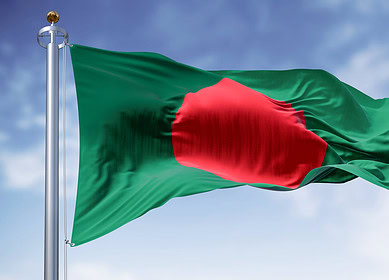Bangladesh persists with urea import to supplement local production

Continuing its efforts to bridge the gap in domestic urea production, the Bangladesh government, through the Bangladesh Chemical Industries Corporation (BCIC), is persistent in its urea import strategy. The state corporation, operating under the Ministry of Industries, has recently released two sequential international tenders for the importation of 100,000 metric tonnes of urea, targeting the country’s agricultural needs for December and possibly extending into early January.
The first of these tenders, Pur-3.3161/2023-2024, is set to procure 50,000 metric tonnes of granular urea, subdivided into two 25,000 metric tonne shipments, to be delivered in bags on a cost and freight (CFR) basis to the outer anchorage of Chittagong Port.
Simultaneously, the second tender, Pur-3.3162/2023-2024, mirrors the first in its requisition of another 50,000 metric tonnes of granular urea, also segmented into two lots for delivery at Mongla Port on similar CFR terms. Both Chittagong and Mongla ports, situated in Bangladesh’s southern belt, are pivotal to the country’s urea distribution via riverine routes.
The imports are to be financed by international funds as arranged by the Bangladesh government, with bid openings for both tenders scheduled for November 14, 2023.
Fiscal Year 23 (FY23) data from the central bank of Bangladesh noted a downturn in overall import payments to USD 69.5 billion, marking a 15.8% decrease from the previous year’s USD 82.5 billion. Nonetheless, the fertilizer sector saw an 11.89% increase in imports, contributing to 6.55% of total import payments. This rise in fertilizer imports is a contrasting highlight in an otherwise declining trend in the country’s overall import figures for FY23.
Enjoyed this story?
Every Monday, our subscribers get their hands on a digest of the most trending agriculture news. You can join them too!















Discussion0 comments